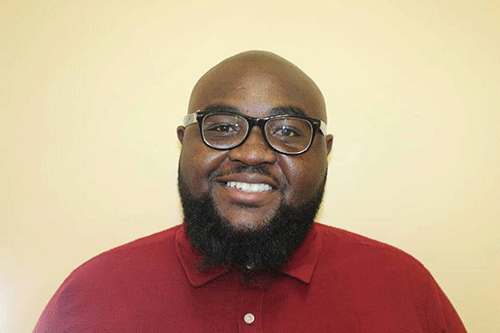Dylan Mukoroli
Tjirongo Kauaria
One thing we cannot take away from the current administration is that it remains consistent in trying to achieve the aims, indicators and aspirations that they have set for the nation. They continue to throw everything they have into ensuring that Namibia gets and stays on the map. Namibia has for the first time made it to the World Economic Forum/Davos, and indeed it unlocks many opportunities for us as a country to benefit from.
The forum engages the foremost political, business, cultural and other leaders of society to shape global, regional and industry agendas. Davos’ activities are shaped by a unique institutional culture founded on the stakeholder theory, which asserts that an organisation is accountable to all parts of society. The institution carefully blends and balances the best of many kinds of organisations from the public and private sectors, international organisations, and academic institutions.
When looking at the Namibia house’s modus operandi, they are indeed upholding the Davos` activity guideline. The Namibia house has been delivering exceptional quality engagements and displayed the very best of what Namibia has to offer. What was encouraging is how a public-private approach gave more meaning to the efforts of the Namibia house. Capricorn Group and First Rand Group worked hand-in-hand with the government to woo investors. The Namibian house pulled out all the stops, and left nothing to chance.
Sessions that were held under the Namibia house spanned from enabling rapid transition to a more globally competitive Namibia, Namibia’s green hydrogen pilot projects, partnerships for inclusive development, Namibia’s brand ambassador programme, invest in Namibian tourism, oil & gas in Namibia: reconciling opposing commitments, and the funding gap for infrastructure development in Namibia.
Under the funding gap for infrastructure development is where Obeth Kandjoze, director general of the Namibia Planning Commission; Claire Hobbs, chief treasurer at Bank Windhoek; and Thinus Prinsloo, CEO of Capricorn Group, presented Namibia’s case for investment, its macro-economic landscape, and investment opportunities. This panel session was lit up with important considerations and motivations to get investors to see the worth of investing in the Namibian economy. Hobbs presented Namibia’s macroeconomic landscape, business operating environment, why to invest in Namibia, and potential investment opportunities that are properly laid out investment openings that will yield great returns.
The panel on the enabling rapid transition to a more globally competitive Namibia was to have an open discussion on Namibia’s plans towards stepping up on the rankings to compete globally. The session comprised presidential economic adviser James Mnyupe; Conrad Dempsey, CEO of FirstRand Namibia; and Oscar Capelao, CFO of First Rand Namibia. This session stood firm to say that the Namibian business environment is a crucial aspect of economic recovery. The session highlighted essential factors such as conducive and equitable competition, government influence, and social and cultural circumstances. We take our hats off to the Namibian house for leaving nothing to chance with regards to putting the country’s best foot forward. These sessions highlighted essential components that we can use as literature to further market what our country has to offer in our different spaces.
One other important aspect that is being attended to is social capital. Social capital is the process where a group of people work cohesively and collectively together toward a common and shared goal. For the Namibian house in Davos, the common goal was clear, and could be seen through the conversations hosted at the Namibian house by the fit delegation along with President Hage Geingob. Social capital remains a tool to bridge the gap of economic variations among Namibian citizens, which leads to an imbalance of wealth and the distribution of resources. The Namibian house by invitation to the World Economic Forum and discussions on the Namibian economic landscape and how to transition from the now state to economic emancipation with an open invitation to investors, is proof that Namibia intends to close the gap.
The Namibian government at Davos clearly showed how the growth of the Namibian economy could be met with ease when the private sector joins in with the government and all put in place growth techniques that will allow for economic prosperity.
Entering Davos with the private sector (FirstRand Namibia, Capricorn Group) the Namibian government again proves that inclusivity allows for all players with the know-how to join in on the freeing of the Namibian house from economic stagnation.
The Namibian house spoke extensively on the discovery and exploration of oil, and the idea of a Namibia that is renewable through green hydrogen. These favourable circumstances have positioned Namibia on a global calendar as an investment hub, and why the world over should take great interest in forming lasting relations with the country and her people. The green hydrogen pilot project is an indication that Namibia is true to its participation in COP26, the 26th United Nations Climate Change Conference held in Glasgow, Scotland in 2021, which conference discussed how the 197 nations together can meet a 1.5 degrees Celsius world.
The World Economic Forum allowed Namibia to announce to the world that she intends to grow and be part of the global economy, and is inviting the audience of all capable movers and shakers to partake and help propel the Namibian economy toward a lasting contribution to improving the state of the world entirely.
* Dylan Mukoroli is passionate about development finance and community asset management.
* Tjirongo Kauaria is passionate about public relations, brand marketing and strategy.


